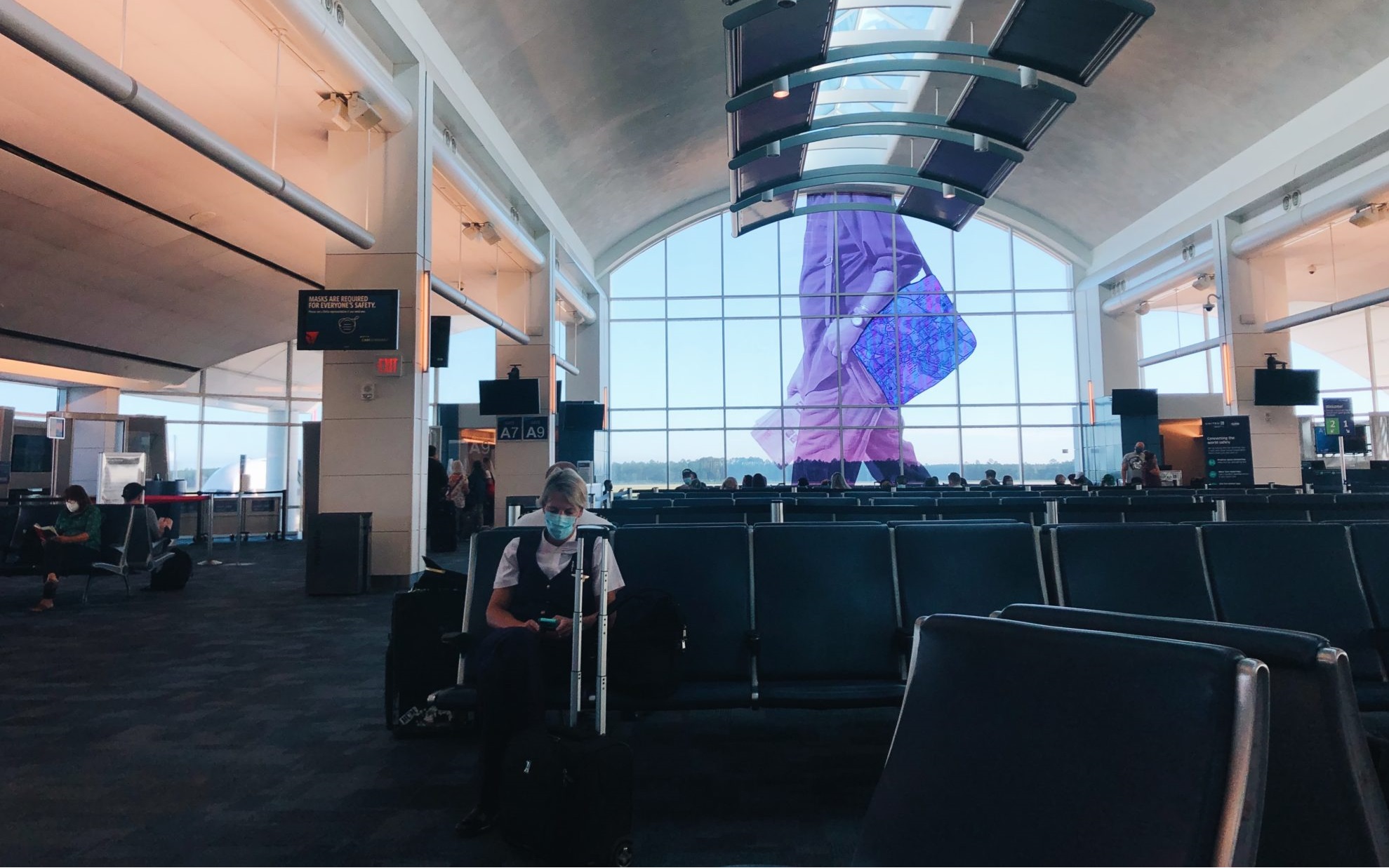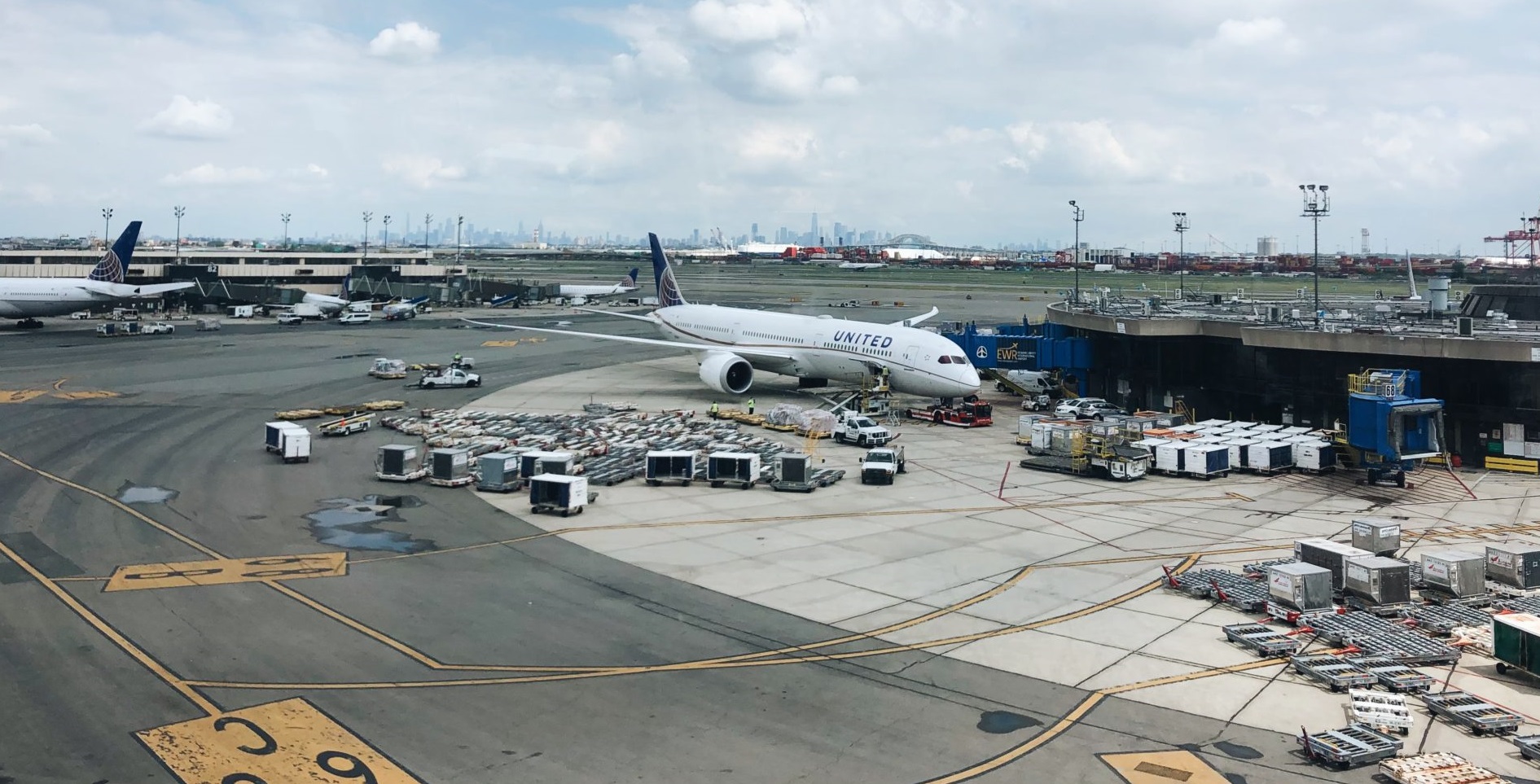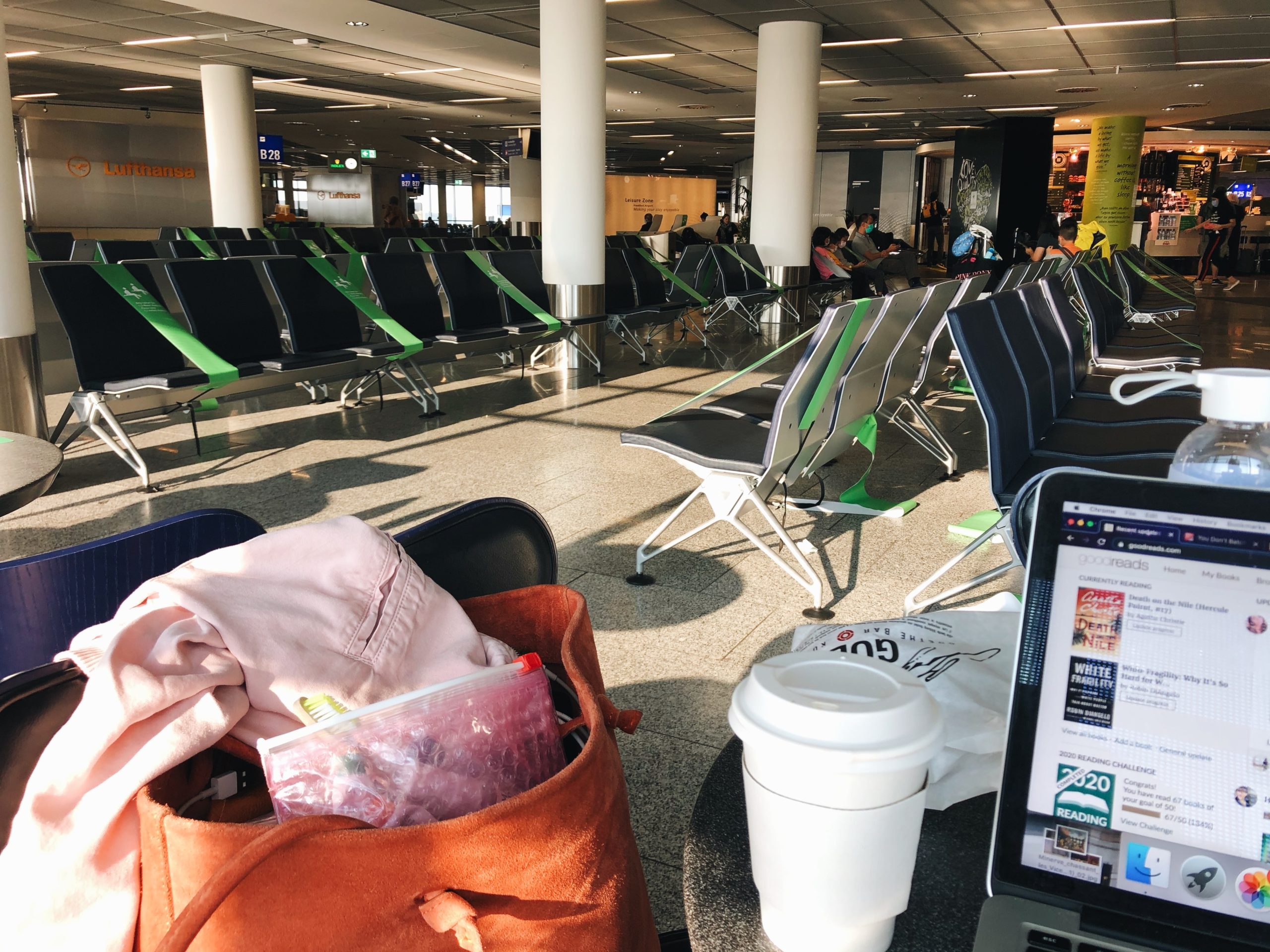By now, we all have our own version of those vivid few days in March when the COVID-19 pandemic suddenly turned serious and normal life was no more. For me, this meant abruptly having to pack up all my belongings, put them up in storage and book a one-way flight to leave my life at university in Scotland and return home to America.
Since then, I’ve spent much of lockdown dreaming of the day I would return to the UK. But before making it back to the right side of the pond to start my new semester, I had to embark on an incredibly convoluted return journey, which was originally supposed to take me directly to London to work with Bradt at the beginning of July but instead would deposit me at Edinburgh nearly a month later.
Between the evolution of my own plans and several schedule changes on the part of the airlines, including a cancellation about a week before of which I was never formally informed and had to call and rebook, my itinerary had become a precarious mess, only one delay away from unravelling entirely.

In the end, in order to get from my hometown of Jacksonville, Florida back to Scotland, I flew on two different airlines through five airports across three countries over roughly 30 hours. Perhaps the only thing that prevented me from total collapse was the stress-induced adrenaline that coursed through my system at the start of every new leg.
Nightmare at Newark
You said you’re connecting in Frankfurt? We’re not allowed there.
I knew that switching airlines at the Newark airport was going to be a nightmare. But I certainly couldn’t have prepared myself for the back-and-forth torture I suffered there.

The plan was that I’d pick up my suitcase in baggage claim, navigate my way to the United Airlines desk to get rechecked, go back through security and then find my gate. I gave myself three hours in Newark in order to accomplish this — a standard timeframe, I thought, for arriving before an international flight. But after switching terminals from baggage claim and finding the United desk, I immediately began having issues.
‘You said you’re connecting in Frankfurt?’ The woman behind the counter pursed her lips and glanced down at my outstretched US passport. ‘We’re not allowed there.’
I desperately explained to her that I was a student, trying to make it back to school, thrusting forth my pink student visa, which I quickly realised that, with the EU’s current ban on US tourists, would be my entire lifeline for successfully crossing the ocean.
From there, to cut a very long, very stressful two and a half hours short, United had trouble completing the check-in in between my ominous passport and how much my itinerary had been changed, so they gave up and sent me over to Lufthansa, with whom I had originally booked the flight. But as it was technically operated by United, Lufthansa couldn’t check me in at all, so they sent me back to the United desk. And finally, after having to go back and forth between terminals on the Newark AirTrain multiple times — through much of which I was holding back tears — a United customer service worker was able to get a hold of a supervisor who had to override their system for me to be able to recheck my bag and collect all my boarding documents and finally get on my way.
I made it to my gate just as they were beginning to board, exhausted and emotionally on edge, but incredibly relieved. I knew if I could board that flight and just get to the other side of the Atlantic, I would, if nothing else, at least be on the right continent and could figure out the rest from there.
A new social landscape
I think the thing to know about air travel right now, for everyone, is that no one really knows what’s going on. The passengers don’t know how to act among each other. The airline workers, from the customer service reps at the counter to the flight attendants onboard, are just as confused by the new rules and guidelines as anyone else. And even at border security, it didn’t even seem like the government officials really knew how to handle the queries they received. We live in a world so heavily structured around arbitrary rules and borders, and this pandemic seems to have exposed the fragility of those structures like never before.

It has also forced us to adopt a whole new etiquette in our interactions with strangers, which was really revealed to me in full on this journey. Masked for over 30 hours, I quickly had to pick up new ways of functioning with my mouth covered: speaking loudly and enunciating, particularly in a noisy environment like an airline check-in desk, and attempting to communicate with strangers without the subtleties of a smile or body language.
My previous masked interactions have been mostly limited to brief exchanges with grocery store clerks or social engagements with friends and family whom I’ve known for years, their body language almost as familiar to me as my own. All alone in a variety of unfamiliar environments, surrounded by strangers for hours on end, it was unnerving to be unable to relate to others on such a basic level. It made me realise how important facial expression is to human connection and how much of our social sensibilities are based upon non-verbal communication.
What I found the most difficult to approach, however, was the etiquette of eating in such public spaces. At every meal, I would anxiously scan around me to see what others were doing — were they removing their masks entirely? Pulling them down briefly for a bite? Everyone seemed to have a different approach, and of course, none of us could be sure which was right.
Throughout the airports I traversed, most sit-in restaurants appeared to be operating, yet many food shops remained shuttered. Every ‘grab-and-go’ appeared empty and swathed in plastic, laminated health advisory signs stuck firmly on their cash registers. Just inside one storefront, an employee was knelt by a box on the floor, packing away protein bars, magazines, packets of salted nuts and plastic water bottles; with so few travellers, it seemed they couldn’t justify the costs of operation anymore.
A collective gratitude
But through it all, from Jacksonville to Atlanta to Newark to Frankfurt to Edinburgh, everyone I met simply seemed grateful. Passengers were grateful to be travelling. Airline and airport employees were grateful to be working. There was a sense of comradery that I’ve never felt when flying before. Usually this journey I make to and from home and university is a lonely one, but somehow, despite the circumstances, I didn’t feel that loneliness quite so much this time.
There is something so invigorating to me about flying across an ocean, surrounded by dozens of people you don’t know, all of you united in passing for a few brief hours. You know you will never see those around you again, but for one fleeting moment, you share a common experience. There is something so rare and so human in that. It is a phenomenon that I don’t think I could have identified in words before lockdown, but in which, despite the jet lag and the stress and the physical toll of travelling, I relished and revelled throughout my journey.
I have been fortunate enough in my life to have had many opportunities to fly, and I have always been grateful for that privilege, but there was an element to this trip that made me feel it even more keenly. The ability to be in such an environment, to observe the eclecticity of the other travellers around me, the knowledge that I was en route to a totally different corner of the world — these are things I may have once taken for granted, but no more. To be there, in the airport, on my way to somewhere, was enough.